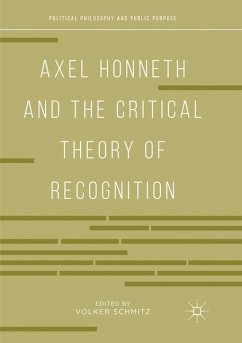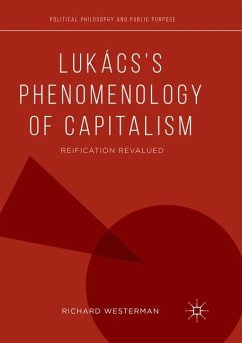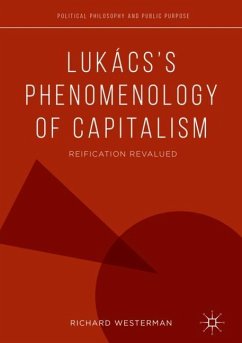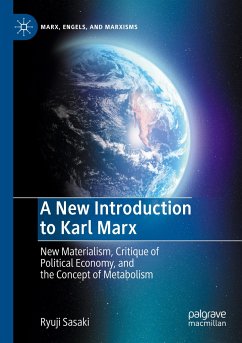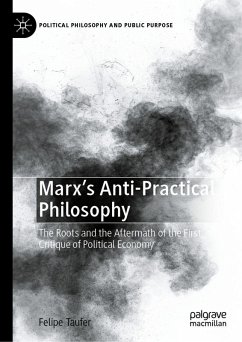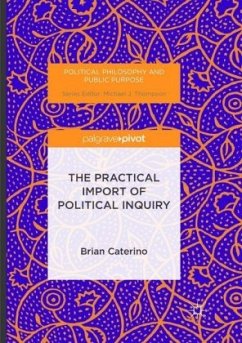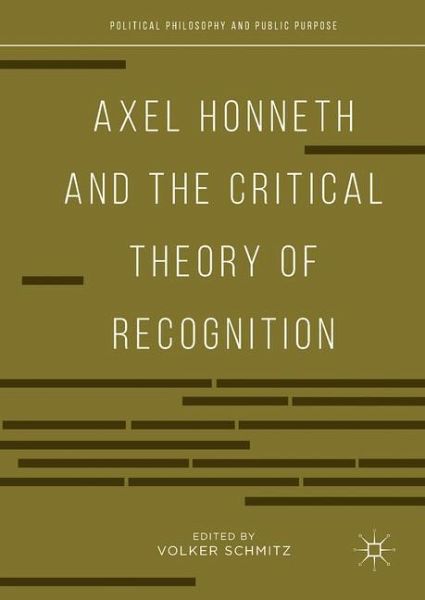
Axel Honneth and the Critical Theory of Recognition

PAYBACK Punkte
49 °P sammeln!
The critical theory of the Frankfurt School has undergone numerous and at times fundamental changes over the last ninety years. Since the late 1960s, it has been characterized primarily by Jürgen Habermas's "communicative turn" and a focus on normative foundations. Today, that "second generation" exists side-by-side with a "third generation" represented most prominently by Axel Honneth's turn toward recognition, ethical life, and the normative reconstruction of social institutions.This volume brings together critical voices on the state and direction of Frankfurt School theory today by examin...
The critical theory of the Frankfurt School has undergone numerous and at times fundamental changes over the last ninety years. Since the late 1960s, it has been characterized primarily by Jürgen Habermas's "communicative turn" and a focus on normative foundations. Today, that "second generation" exists side-by-side with a "third generation" represented most prominently by Axel Honneth's turn toward recognition, ethical life, and the normative reconstruction of social institutions.
This volume brings together critical voices on the state and direction of Frankfurt School theory today by examining Honneth's theory in light of both current challenges and the intellectual and political ambitions that have shaped the tradition from its beginning. United in their strong commitment to critical scholarship, the authors collected here approach Honneth's work from different backgrounds, employ a wide variety of methodologies, and write in different genres, ranging from thesober scholarly analysis to programmatic and political appeals. The collective aim of these reflections is not to reject Honneth's theory but to build upon his work and incorporate his themes of recognition and social freedom into a new project of critical theory that can prove adequate to the political and social crises of our time.
This volume brings together critical voices on the state and direction of Frankfurt School theory today by examining Honneth's theory in light of both current challenges and the intellectual and political ambitions that have shaped the tradition from its beginning. United in their strong commitment to critical scholarship, the authors collected here approach Honneth's work from different backgrounds, employ a wide variety of methodologies, and write in different genres, ranging from thesober scholarly analysis to programmatic and political appeals. The collective aim of these reflections is not to reject Honneth's theory but to build upon his work and incorporate his themes of recognition and social freedom into a new project of critical theory that can prove adequate to the political and social crises of our time.



